Kyoto sightseeing
Latest content and event information
-
① Visit to the Silk Fabric Museum (time required: about 15 minutes)
The White Silk Fabric Museum is a museum specializing in white kimono fabrics. We exhibit about 50 types of white fabrics carefully selected from the 200 types and 3,000 patterns that Itoyuki has woven so far for post-dyeing (dyed kimono), where fabric is woven from raw silk and then dyed later. You can actually touch the white fabrics, which have various characteristics depending on the production area and type of thread, and see their texture and beautiful luster. We will introduce the process of making one bolt of white fabric, including cocoon production by domestic silkworm farmers and information on the amount of cocoons needed for a kimono.
② "Handloom" Experience (Time required: approx. 15 minutes)
Our in-house instructor will demonstrate the handloom weaving process and explain how the warp and weft threads work. Afterwards, you can enjoy the experience of weaving using a handloom.
3. Kinsai Yuzen Workshop (Time required: approx. 1 hour 30 minutes)
Enjoy the experience of dyeing pure silk fabric, a high-quality material used in kimonos, with the Yuzen technique and finishing with gold leaf. Our in-house instructors will provide careful instruction, so even beginners can participate with confidence. The completed work will be framed and handed to you, so you can take it home as a keepsake.

Link KyotoKyoto experiencetraditional craftsLINK KYOTOKyoto sustainable tourismsustainableKyoto sightseeingKyoto culturetraditional culture
-
"Okazaki-an" is a Japanese-style mansion built by "Ueba Hide", a famous geisha in Kyoto, to live out the rest of her life with her husband "Shundo Koji", who was a producer at Toei, and their daughter "Takako".
It is a luxurious building with modern interior design and a Noh stage made entirely of cypress, which was rare at the time, and the windows offer a panoramic view of the torii gates of Heian Shrine and Mt. Daimonji.
This is a luxurious plan where you can enjoy a meal while watching a maiko perform on the Noh stage in this elegant setting.
Limited to one group per time slotSo, after your viewing, you can take commemorative photos, chat with the maiko, and have them all to yourself, which will surely be an unforgettable memory of your trip to Kyoto.
*This plan is a reservation by request. After you apply online, we will contact you by email after confirming with the operator whether or not the reservation can be made on the date you wish to make.
Japanese ResidenceOkazakianDance AppreciationOkazakiKYOTOLink KyotoKyoto experiencespecialmaikogeishaLINK KYOTOKyoto sightseeingKyoto's Unique VenuesgenuineKyoto culturetraditional culture
-
Inside Towaryokan, located near Nishi Honganji Temple, there is a tea room called Seikaan, which was named after the 16th head master of the Urasenke school. We have set up a gentle and fun tea party experience plan for a limited time, because we want everyone to have a gentle time experience in this quiet and tranquil space.
The tea ceremony has an image of being difficult to enter, but even beginners are welcome! Please feel free to join us! We will carefully guide you through the process while listening to explanations about etiquette when entering the tea room, viewing the beds and flowers, etc. Please relax and take photos while seated.
Although it is near Kyoto Station, which is busy, it is quiet and gentle...that's how time passes.
Please feel free to join us for a cultural experience in Kyoto.
*Information will be provided in Japanese.
Management: Towa Ryokan
tea ceremonyTea CeremonyTea ceremony experienceLink KyotoKyoto experienceKyoto StationTea ceremonytea roomLINK KYOTOKyoto sightseeingexperienceKyoto culturetraditional culture
-
"CO2Zero Travel®”This is a method to reduce CO2 emissions during travel using the J-Credit Scheme.2This is a plan to offset (carbon offset)
By purchasing the value of green electricity, you can reduce the CO2 emissions you make while traveling to virtually zero. CO2 emissions are now a major global issue, as can be seen from the efforts of the SDGs set by the United Nations. This program was born from the desire to "leave a beautiful Earth, even if only a little, for our future children." In order to concretely tackle climate change... As a first step, why not start taking concrete action against "climate change" while traveling?
"CO₂ Zero Travel®" is a registered trademark of JTB.
What is carbon offsetting?
CO emitted in daily life2This system offsets these losses by investing in greenhouse gas reduction and absorption projects through the purchase of carbon credits.
What is the J-Credit Scheme?
The J-Credit Scheme is a scheme to reduce CO emissions through proper forest management.2and CO2 emissions from the use of renewable energy.2This is a system in which the government certifies the amount of emission reductions and the introduction of energy-saving equipment as "credits." This system is operated by the government.
The illustration is here
https://www.jtb.co.jp/theme/sustainability/
■Contact us
LINK KYOTO Secretariat
Mail: link_kyoto@jtb.com
TEL: 075-365-7730
*Please ask for "CO2-free travel consultation."
Kyoto TripKyoto tourism moralsKyoto sustainable tourismcarbon offsetKyoto sightseeingSDGs
-
The UNWTO (United Nations World Tourism Organization) Tokyo Office introduced the "LINK KYOTO" initiative in their "Sustainable Tourism Archives."
UNWTO's efforts include:From here
Click here for the full story!!
UNWTO (United Nations World Tourism Organization)
The English name of the UNWTO Japan office is the "UN Tourism Regional Support Office for Asia and the Pacific," and its common name in Japanese is the "World Tourism Organization (UN Tourism) Office in Japan."
The World Tourism Organization (UN Tourism) Japan Office was established in Japan in 1995 as the only regional office with the aim of promoting tourism in the Asia-Pacific region, where tourism is growing rapidly, and strengthening cooperation within the region. Currently based in Nara, the Tokyo Office was also established at the United Nations University Headquarters (Shibuya-ku, Tokyo) in 2017. The UN Tourism Japan Office works in cooperation with the Asia-Pacific Division of the UN Tourism Headquarters (Madrid, Spain) to encourage sustainable policies and practices to maximize the contribution of tourism to socio-economy while minimizing the negative impacts of tourism promotion.
Tourism is one of the most dynamic economic sectors of our time. By providing information on tourism statistics and highlighting tourism success stories, tourism can be an effective development tool that benefits destinations, local people and global travelers. The Japan Representative Office will help promote these efforts in the region.
Quote: From the official website (https://unwto-ap.org/office/)
Sustainable TourismSustainable TourismUNWTOWorld Tourism OrganizationKyoto experienceLINK KYOTOKyoto tourism moralsdecarbonizationKyoto sightseeing
-
Sightseeing in Kyoto on a two-story open bus with a sense of openness.
★Free hop-on and hop-off!
This bus route takes you around the main tourist spots in central Kyoto, and you can get on and off at any bus stop. If you're short on time, we recommend using the Green Course or Purple Course and making your own arrangements.★An experience that's different from usual!
You may be able to discover new charms of Kyoto city that you could not see on a walk around the city from the double-decker open-top bus. We also provide audio guided sightseeing information on the bus. You will not have to worry about missing out on any famous sights as we provide tourist information based on the guide's knowledge.★Sit down and be efficient!
Accessing Kyoto's sightseeing spots is a pain because of the time it takes to get around on your own, and it's a bit of a hassle if you don't take a taxi. There are bus stops at the Kyoto Station Karasuma Exit and at Shijo Karasuma, where there are many accommodations, so it's very convenient for sightseeing in Kyoto! You will also be seated on the bus, so you can travel comfortably!★"We also recommend taking advantage of the "Hometown Tax" system and receiving gifts in return!
LINK KYOTOshrinehistorytempleKyoto sightseeingsightseeingbusKyoto's Unique VenuescomfortableEmpty-handed sightseeing
-
For sustainable tourism in Kyoto, we need to change from just visiting famous places.
LINK KYOTO supports
Produced by Nishizawa Stay Co., Ltd.'s travel business [Hood Travel] “1/KYOTO” is a travel product where you can talk with carefully selected Kyoto people.We support this as a model for tourism that will help Kyoto become sustainable.
Link KyotoKyoto experienceLINK KYOTOKyoto sustainable tourismKyoto sightseeingexperienceKyoto culturetraditional culture
-
By renting a bicycle, you can avoid bus and car traffic and crowds.
Not only can you enjoy sightseeing at your own pace without being bound by timetables, but you can also make discoveries not found in guidebooks, making your own Kyoto trip a reality.
[We have two types of bicycles available]
・Electric assist bicycle standard: For customers who are not confident in their leg strength.Easy to move uphill or over long distances.
・City cycle: Comes with an internal 8-speed transmission to support comfortable cycling.
LINK KYOTObicycleKyoto sightseeingsightseeingexperiencecomfortable
-
We offer a variety of experiences such as Japanese clothing, tea ceremony, calligraphy, flower arranging, and incense listening!
You can enjoy a variety of cultural experiences in a spacious store with a Japanese-style atmosphere.
We accept reservations well in advance so that our customers can enjoy the experience at their leisure.
We will also travel to your desired location other than Kyogokoro, so please feel free to contact us.
At Kyoto Handicraft Center, you can enjoy shopping and dining by reservation.LINK KYOTOhistoryKyoto sightseeingexperienceKyoto's Unique Venuesgenuinetraditional culture
-
Ittoen museum, where people live a life of service without possessions
Ittoen Museum ``Kosoin'' is a museum that introduces ``Ittoen'', which was founded in 1904 by Mr. Tenko Nishida.Currently, ``Ittoen'' has formed a family-like community in a corner of Yamashina, Kyoto, and lives a life of service (alms) as shown by Mr. Amaka.Based on the belief that if one lives a life in harmony with nature, one can be forgiven and live even if one does not own anything or exchange one's work for money, and always has a heart of repentance and lives a life of service without possessions. going.
YamashinaAmaka NishidaLINK KYOTOhistoryKyoto sightseeingKyoto's Unique Venuesgenuine



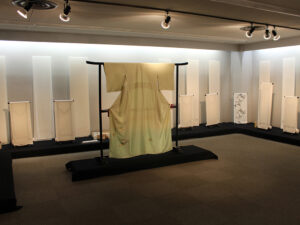
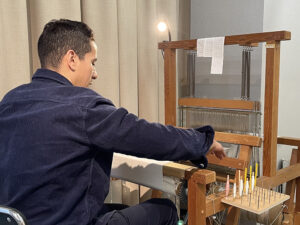


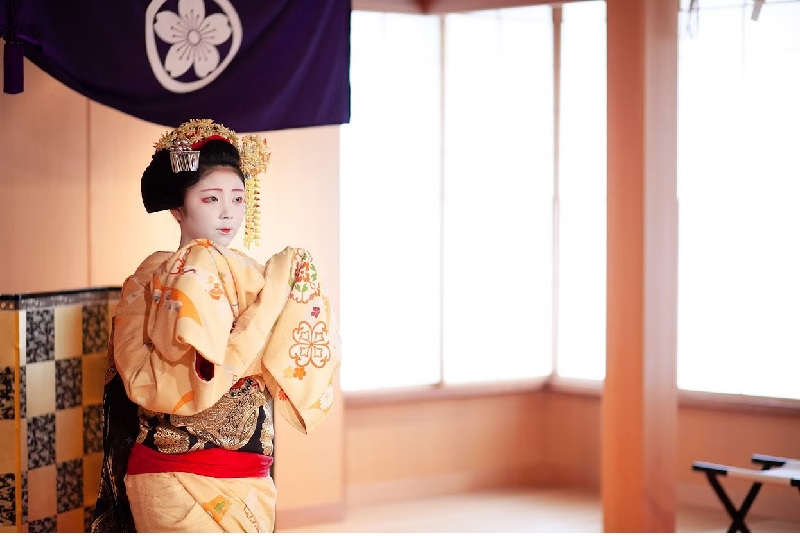
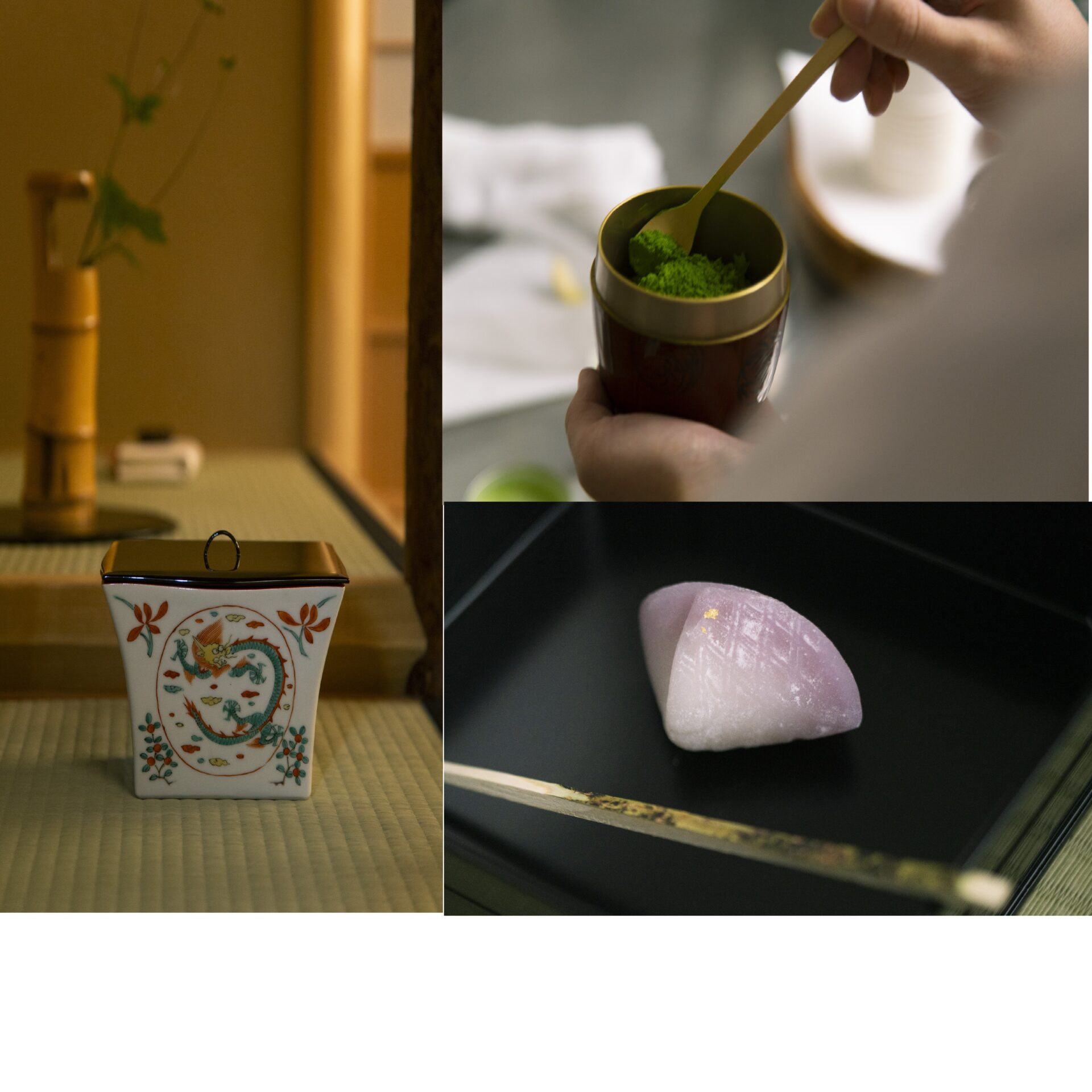

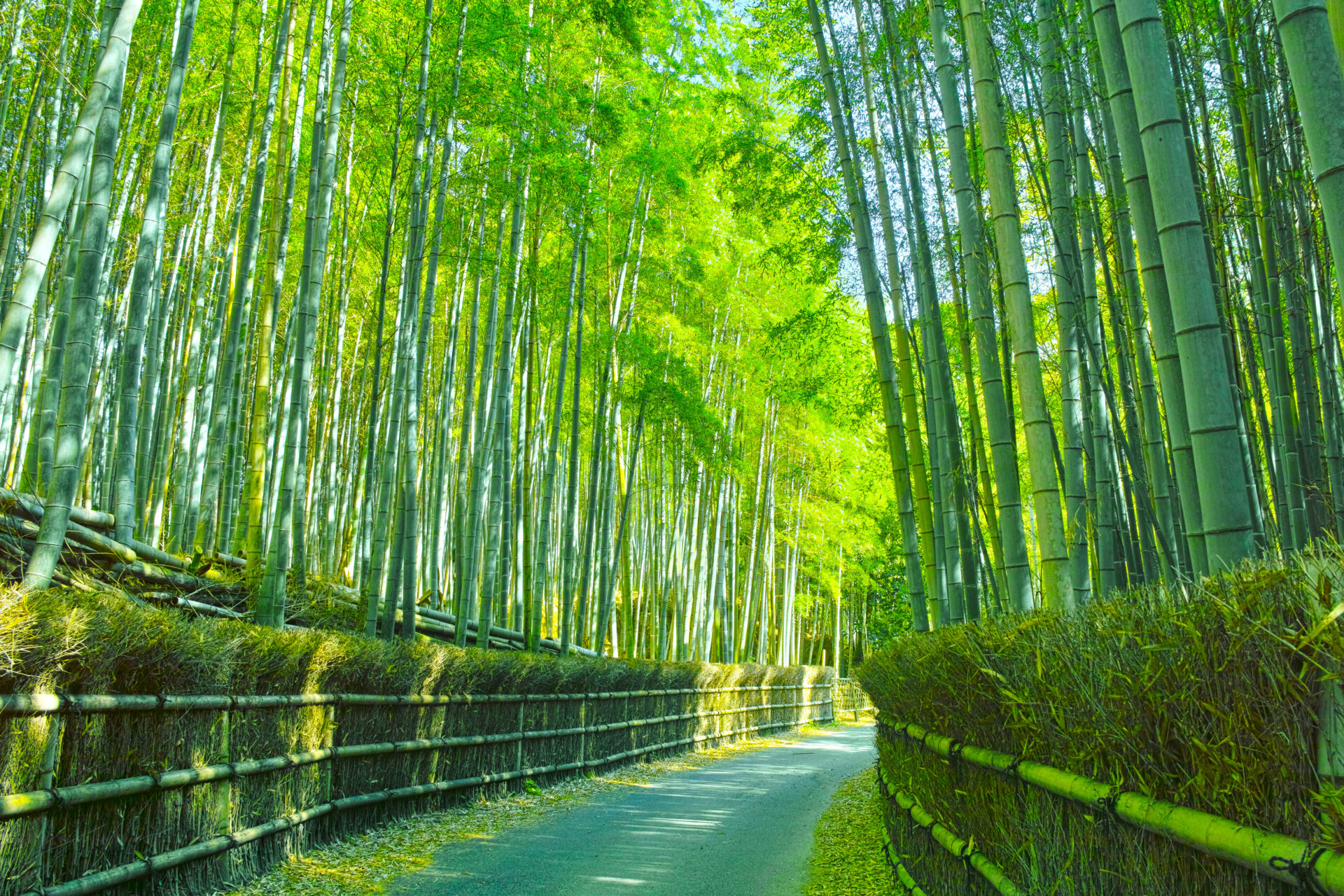
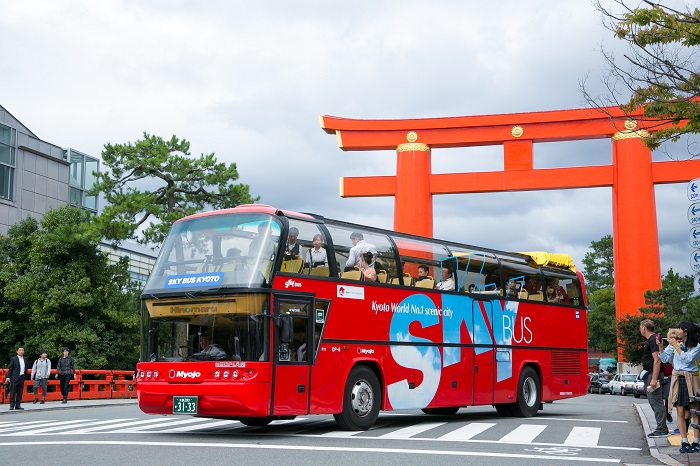
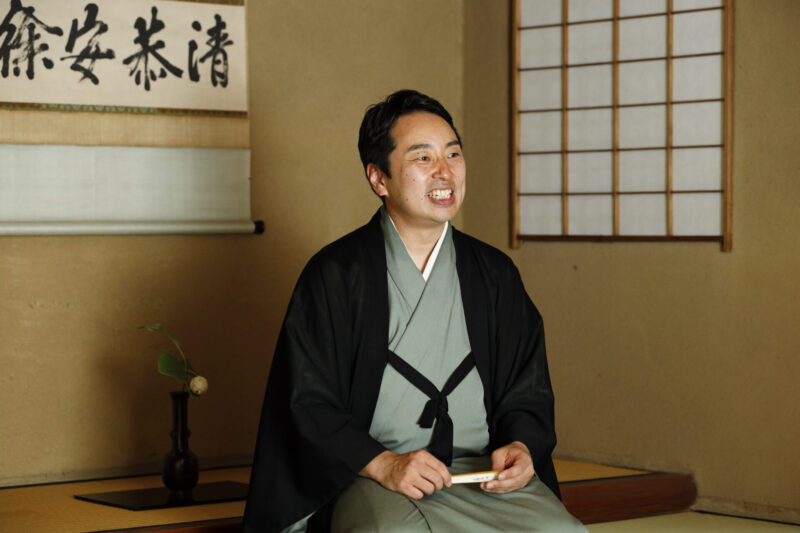

6330-784京ごころ-舞妓-お点前.jpg)

 Kyoto
experience
Kyoto
experience Contact us by phone
Contact us by phone Contact by email
Contact by email